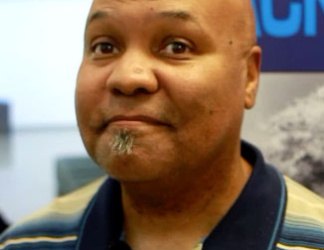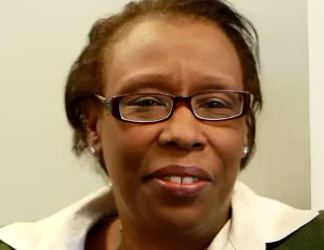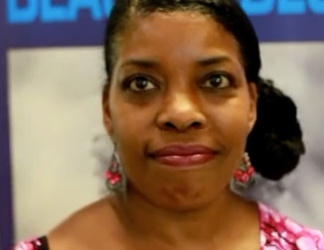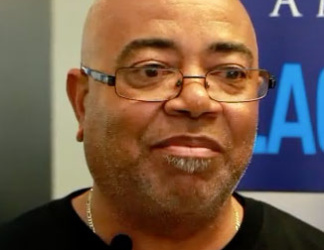
Cheryl Dorsey is a Los Angeles native. She was raised middle class in South Central LA when it was predominately white, and watched “white flight” transform it into a black neighborhood, littered with gang activity, compliments of the Crips and the Bloods.In 1978, she began a career in law enforcement where she worked for the State of California, Department of Justice. A career in law enforcement came out of a necessity to provide for her family. Cheryl never “bled blue.” As a young, single mother, she had to find a job. She’ll tell you she needed “a good paying job with great benefits.” And she found one, in 1980, Cheryl joined the Los Angeles Police Department. During her twenty-year (LAPD) career, she worked exclusively in patrol and specialized units in all four geographic Bureaus within the City of Los Angeles; South, Central, West and Valley. In addition to various patrol division assignments, Sgt. Dorsey was assigned to traffic division, Newton Area vice and the infamous gang unit in Operations South Bureau; known as Community Resources Against Street Hoodlums (C.R.A.S.H.)
As a 20-year veteran of the Los Angeles Police Department and a mother of four sons, Sgt. Dorsey understands that “no one is immune from being racially profiled, harassed or becoming the victim of police abuse under the color of authority,” “As a police expert with an eye toward social justice advocacy she provides a candid, honest and unique perspective on social and institutional abuses with a level of credibility that is effective, relevant and irrefutable
As an LAPD insider, Sgt. Dorsey highlights criminal, social or public policy injustices affecting disenfranchised communities throughout the nation. As a mother and police professional, Sgt. Dorsey exposes social and institutional disparities and abuses, while introducing strategies and commentary on how to systematically attack those injustices, empower audiences with a broad and unique perspective on how to navigate within that system, when necessary, and help change that system, when possible.
An Interview with Black Women Police Whistleblowers Yulanda Williams and Cheryl Dorsey
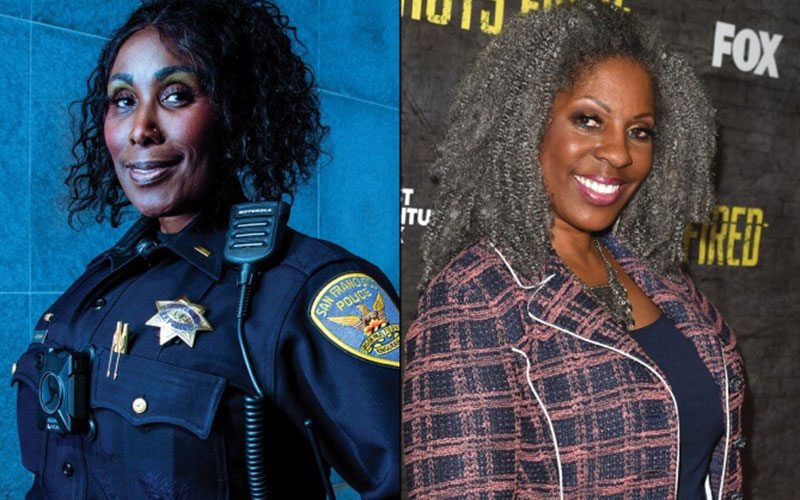 The department is meant to tear a police officer down in the academy and then recreate that officer in the image the police department likes. A subtle form of brainwashing occurs for some.” Cheryl Dorsey, Black and Blue: The Creation of a Manifesto
The department is meant to tear a police officer down in the academy and then recreate that officer in the image the police department likes. A subtle form of brainwashing occurs for some.” Cheryl Dorsey, Black and Blue: The Creation of a Manifesto
In the national debate about and outrage over police misconduct, excessive force and accountability, retired Los Angeles Police Department sergeant Cheryl Dorsey and San Francisco Police Department lieutenant Yulanda Williams are on the frontlines pushing back against institutional injustice within their ranks. As African American women officers in predominantly white, predominantly male departments, they have weathered sexism, racism, and job discrimination in their most pernicious forms.
Dorsey joined the LAPD in 1980 and quickly became disgruntled with the barriers to advancement as well as the rampant violence directed toward African American and communities of color.
Yulanda Williams joined the SFPD after surviving the 1978 massacre of Peoples Temple members in Jonestown, Guyana. In 2016, Williams was the only officer of color to testify against the SFPD’s culture of racism and sexism on a Blue Ribbon Panel on police misconduct.
Dorsey and Williams discussed the challenges of “police reform”, the explicit and implicit bias of over-militarized police departments in the aftermath of Stephon Clark’s killing by Sacramento Police, and the contradictions of recruiting more officers of color for a police regime which has a slave catcher lineage.
Let’s talk a little bit about your careers. What inspired you to go into law enforcement as African American women?
Cheryl Dorsey: I joined the LAPD because I wanted benefits and stability. I came in with the consent decree. I was expedited in the hiring process. I realized that the LAPD offered more opportunity than the DOJ, my previous employer, however, there were certain positions that were unavailable to me as a Black woman. Coveted administrative staff jobs in research and auditing were unavailable. Those were the most sought after vis-à-vis getting promoted to sergeant or lieutenant. They would fabricate reasons for why you couldn’t get them (you didn’t have enough time on the job or needed to be on patrol).
Yulanda Williams: Let me first insert this disclaimer, my responses are based on my own personal experiences as a Black female in law enforcement. I am not speaking for my department. Initially, I applied for a position with the San Francisco Sheriff’s Department but I scored higher on the SFPD position. Although I accepted the position with the SFPD, I was determined to remain an individual based on my experience surviving Jonestown.
Throughout my career, I have been known as one of a select group of officers who are not afraid to challenge, speak up about, and document injustices and disparate treatment. These experiences have led me believe that some officers sense there is an urgency to deprogram Black officers; especially if there are questions regarding their loyalty or commitment to “Blue”.

